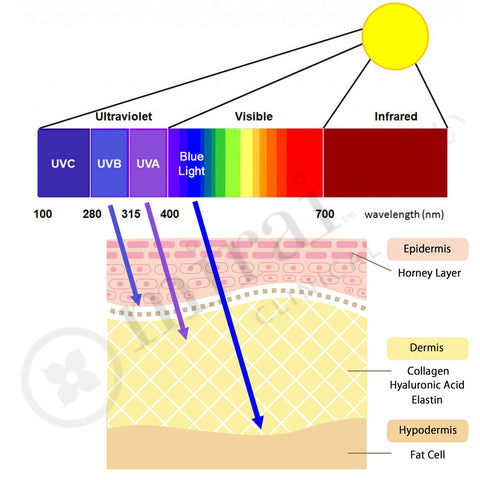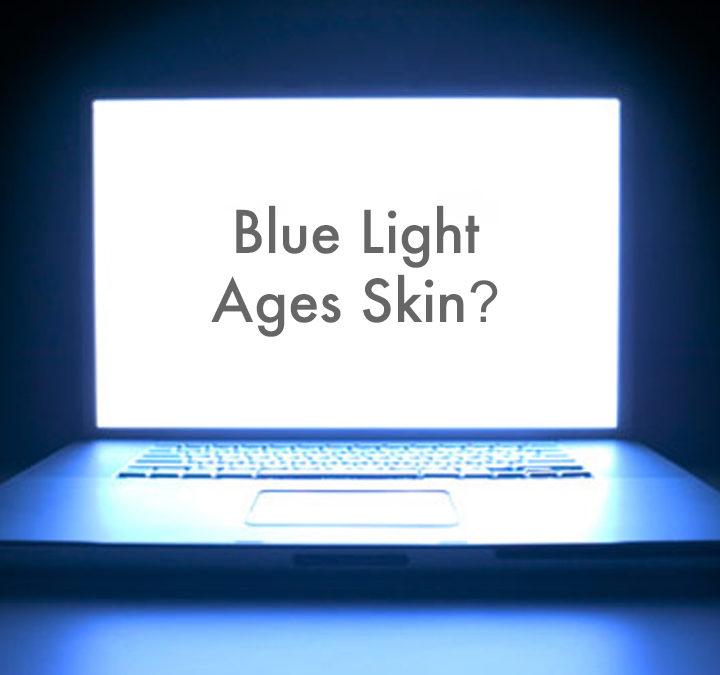Are you Aware Blue Light from Screens Age Your Skin?
Mirai Clinical Advises How to Reduce the Aging
(Los Angeles, CA, September 29, 2016) – Summer may have ended, but if you think you don’t have to be concerned about damaging light, think again. Most people know that looking at your cell too long may damage your eyes, but did you know that the blue light from your cell and computer screens can also age your skin? Koko Hayashi, Founder and CEO of Mirai Clinical, the Japanese skin and body care brand, explains the why and how to reduce the risk.
“Blue light from mobile phone or any electronic devices damages your eyes, but recent studies have shown that it also damages your skin,” says Koko Hayashi. “The reason why it also damages your skin is because the radiation from blue light penetrates all the way down to the bottom of the 2nd layer of your skin (Dermis), which is much deeper than UVA and UVB.”

Let’s discuss what kinds of lights can age your skin in general. UVB is one of the UV rays from the sun that damages your skin. Think of UVB as “UV-Burning,” because it’s the type of light that causes sunburn. UVB burns your skin because it penetrates the first layer of your skin, the epidermis. UVA is another type of radiation from the sun. Think of UVA as “UV-Aging,” because it produces wrinkles, age spots, sagging, and all that skin harm, including skin cancer. This type of light radiates down to the 2nd layer of your skin, the dermis. See the chart for easy reference. As you can see, UV-Aging is much more harmful to your skin than UV-Burning.
Now, let’s delve into why the blue light ages your skin. UV-Burning goes to the 1st layer and UV-Aging goes to upper level of the 2nd layer, but more dangerously, blue light goes even much deeper in the 2nd layer, which means that it damages collagen, hyaluronic acid and elastin.
As you can imagine, blue light is more harmful than UVB and UVA. In fact, blue light isn’t only generated by your electronic devices – blue light comes from the sun too! No wonder, the sky is blue. Education on blue light damage is new and most sunscreens are not tested for blue light. This topic is not commonly known yet, however, Japanese companies have begun testing their sunscreens with blue light. You might see blue light tested mark certified by FDA in the future, like “SPF” for UV-Burning and “Broad Spectrum” for UV-Aging.
So what’s the solution? To combat blue light from the sun, wear physical protection outside as much as possible. In fact, in Japan it’s very popular to wear blue light shield glasses in offices to protect eyes from the computer.
Here are some tips to prevent blue light from screens.
For phones:
- Dim the screen light
- Cover the screen with a blue light filter or find blue light filter app
For laptop or desktop:
You can actually change the graphic settings to reduce the amount of blue. Learn how.

